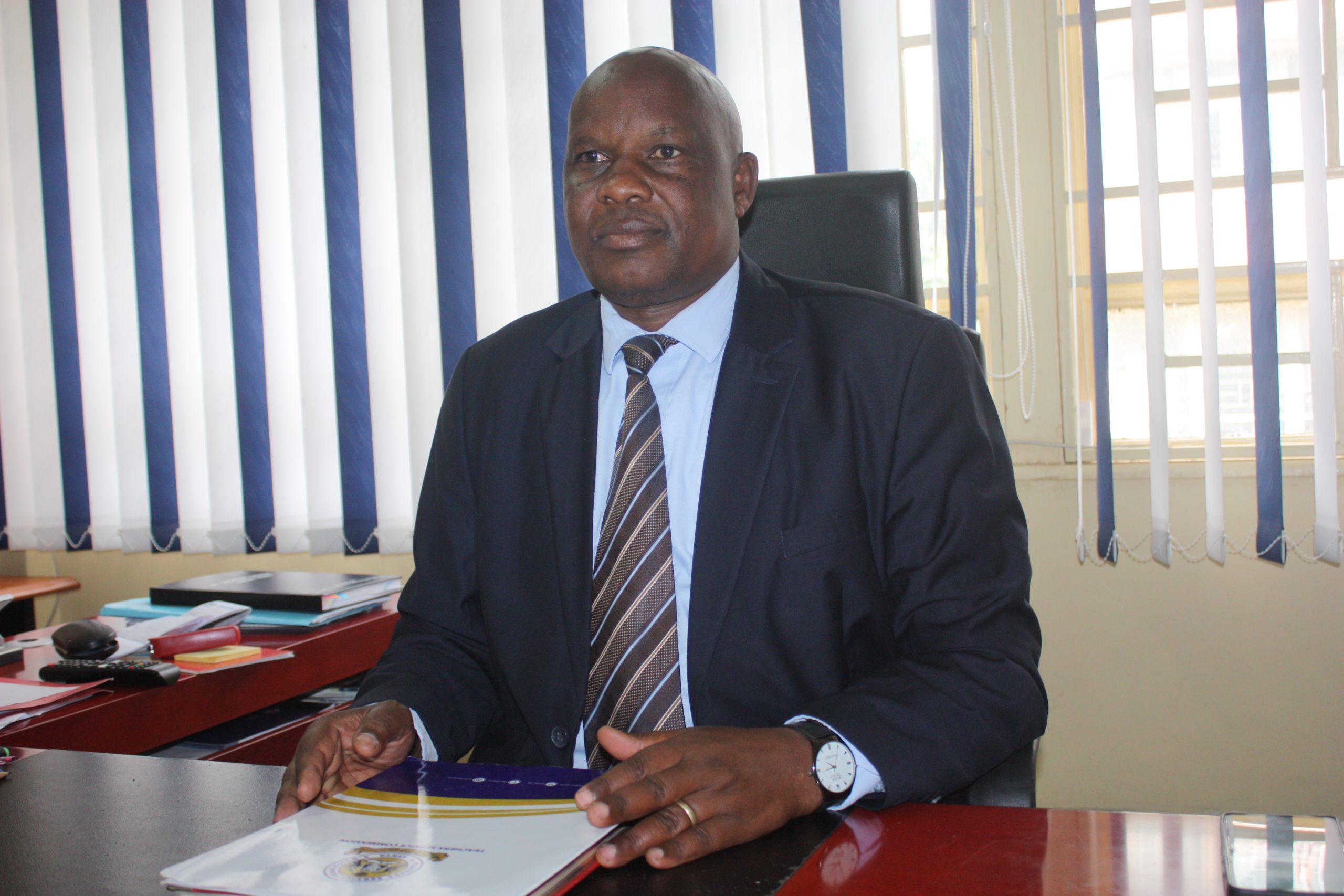Ever wonder why you can’t seem to start tasks, even when you know they’re important? It might not be laziness – it could be rooted in childhood trauma. This hidden cause can create deep mental blocks that lead to procrastination, anxiety and even sleepless nights. But once you uncover the truth behind your procrastination triggers, the change can be almost instant. Ready to break free from the past and finally get things done? Let’s dive into how understanding your procrastination type can transform your life.
We often label procrastination as laziness, poor time management, or a lack of discipline. But what if the root of your persistent delay in doing things runs much deeper than mere bad habits? What if it is not a problem of willpower, but a problem of wounding—psychological wounds inflicted during childhood that continue to fester silently into adulthood?
For many people, procrastination is not just a struggle with productivity; it’s an emotional battle with the past. You may know that a task is important. You may even want to complete it and recognise the consequences of failing to act. Yet, despite that clarity, you find yourself stalled. You scroll endlessly, clean the house unnecessarily, or do every other task except the one you ought to be doing. Then you beat yourself up for not being “disciplined enough.” It becomes a vicious cycle of avoidance, guilt, and shame.
This cycle is often driven by hidden trauma. Unresolved emotional pain from childhood can sabotage your sense of safety, worth, and competence. It manifests not as a dramatic breakdown, but as small hesitations, delays, and an overwhelming fear of failure. Children who grew up in homes filled with criticism, unrealistic expectations, neglect, or emotional volatility often internalise messages like “I’m not good enough,” “I must be perfect to be loved,” or “Mistakes are dangerous.” These messages don’t fade with time. They become deeply wired into the adult brain, shaping how we respond to challenges and tasks.
Procrastination, in this light, is not a character flaw. It is a coping mechanism. The brain is wired to avoid pain. And when a task triggers unconscious memories of failure, disapproval, or inadequacy, the mind resists. The resistance is not rational; it is emotional. You may fear disappointing someone, or being judged, or simply not meeting your own impossibly high standards. To protect yourself from that imagined pain, your brain creates a distraction and a delay. You may not recognise it as fear—it may feel like boredom, confusion, or tiredness—but underneath, the mind is trying to protect the inner child still carrying scars.
This realisation is both painful and liberating. Painful, because it means acknowledging that your struggles are rooted in trauma you may not have consciously processed. Liberating, because it offers hope. Once you understand that your procrastination has a deeper emotional cause, you can stop blaming yourself and start the healing process.
Understanding your specific procrastination pattern is a powerful first step. Some people are perfectionists who wait for the “perfect moment” to begin. Others are avoiders, paralysed by the fear of failure or rejection. Some are overwhelmed by anxiety, unable to decide where to start. These types are not random – childhood environments often shape them. A child who is shamed for failing may become a perfectionist as an adult. A child who was ignored may now avoid any task that risks visibility or criticism. A child who was controlled may now rebel through inaction. These coping strategies made sense then. But now, they may be holding you back.
The good news is that these patterns are not permanent. They were learned, and they can be unlearned. Healing begins with awareness. When you catch yourself procrastinating, pause and ask, ‘What am I feeling?’ What am I afraid might happen if I start or finish this task? What old belief is being triggered here? These questions can gently guide you from reaction to reflection. Over time, you can begin to untangle your emotional history from your present behaviour.
READ ALSO:
Therapy, journaling, or trauma-informed coaching can also be immensely helpful. These tools offer a safe space to explore the origins of your procrastination and develop healthier responses. You begin to rewrite the narrative that drives you. You learn that mistakes are not moral failures, that rest is not laziness, and that your worth is not tied to performance. You begin to act, not from fear or compulsion, but from clarity and self-compassion.
Another crucial element in this healing journey is self-forgiveness. Many procrastinators carry intense shame for years of unmet potential, broken promises, and missed opportunities. But beating yourself up only deepens the wound. Instead, remind yourself that your delays were not irrational—they were your brain’s way of keeping you safe. As you heal, you’ll find that the need to delay diminishes. You’ll stop waiting for the perfect time and start honouring the present moment.
In truth, productivity is not about doing more; it’s about doing the right things. It is about being free—free from fear, free from shame, free from the invisible chains of childhood pain. When you understand the link between trauma and procrastination, you stop seeing yourself as lazy and start seeing yourself as human. You no longer chase success to prove your worth. You begin to create, act, and live from a place of healed identity.
So the next time you find yourself stuck, don’t just force yourself to push through. Pause. Breathe. Look inward. Perhaps your mind is not resisting the task itself, but rather the pain it associates with it. And in that pause, choose compassion. Choose healing. Because that is where real transformation begins.
By Kamomonti wa Kiambati
Kamomonti teaches English and Literature in Gatundu North Sub-county.
You can also follow our social media pages on Twitter: Education News KE and Facebook: Education News Newspaper for timely updates.
>>> Click here to stay up-to-date with trending regional stories
>>> Click here to read more informed opinions on the country’s education landscape
>>> Click here to stay ahead with the latest national news.






